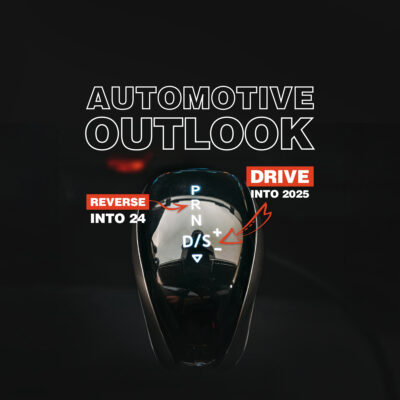New draft legislation could bring sweeping changes – here’s what you need to know
ECOS Arrangements Under Threat – And Not Just the “Contrived” Ones
When the Government announced in the Autumn Budget that it wanted to stop “contrived” Employee Car Ownership Schemes (ECOS), it sounded like a focused, targeted move. But now that the draft legislation is out, it’s clear the impact will be much wider.
In short: this isn’t just about shutting down a few clever schemes. This could signal the end for all ECOS arrangements.
When Do the Changes Kick In?
If the legislation receives Royal Assent, the new rules will take effect from 6 October 2026—a slight delay from the original proposed date.
But don’t get too comfortable. This is your window to prepare. These changes are coming, and businesses need to act now.
What Will Trigger a Company Car Tax Charge?
Under the proposed legislation, if you provide a car via an ECOS scheme, it’ll be taxed as a company car if any of the following are true:
There are restrictions on the employee’s private use
The employee isn’t the registered keeper
There’s a fixed buy-back or onward sale agreement at the end of the contract
Even the most standard features of ECOS arrangements could fall within these criteria.
Automotive Sector Clearly in the Spotlight
The explanatory notes give a strong indication that the motor industry is in the firing line. It highlights:
Cars returned after a set mileage or period to feed the nearly-new market
Cars that remain part of the employer’s stock and are available for test drives
But this isn’t just about dealerships. These types of features exist across many ECOS setups, in all kinds of businesses.
Other Sectors Need to Take Notice Too
There’s more. The legislation also covers:
Cases where someone other than the employee is the registered keeper
Agreements that guarantee a buy-back value (even if it’s mileage-adjusted)
Policies requiring employees to return the car if they leave or are banned from driving
These are all standard features of many ECOS schemes, across various industries. The bottom line: if you’re using ECOS, there’s a good chance you’ll be affected.
What This Means for Employers – And Why It’s Urgent
When the Budget was announced, the main concern was how the automotive sector would cope. For some businesses, providing high-value cars without triggering a car benefit charge has been a big part of their employee reward strategy.
But now, it’s clear the changes are far-reaching. Any employer using an ECOS arrangement—whether directly or through a third-party provider—should be reviewing their position now.
Practical Guidance from Our Head of Automotive, Ian McMahon
Ian McMahon, our Head of Automotive, shares this advice for dealerships and businesses offering similar schemes:
“Our overarching guidance for dealers and similar businesses is to assess the commercial impact as soon as possible.
Where new starter offers are being made, ensure any communications do not rely on the provision of an ECOS car (or similar) as part of the T’s & C’s.
Start to wind down the exposure to the ECOS ‘fleet’ in a controlled manner.
Consider the merits of a salary sacrifice vehicle program to limit the impact of the legislation.”
He also stresses the importance of not acting rashly:
“As the technical guidance can be considered more over the coming days, the most important aspect is not to over-react to the news.”
And he recognises the bigger picture for the industry:
“It will be an initial blow to the UK sector if this guidance bites, with a lot of dealers not being able to have the higher emission and specification vehicles on the road to allow the public the chance to see them in action.”
Let’s Talk About Your Next Steps
Whatever sector you’re in, if you’ve got an ECOS in place, now’s the time to:
Understand how the legislation will affect your current setup
Assess the cost and operational impact
Explore alternative options that make sense for your business
The changes might still be a little way off—but the smart move is to start planning now.
Got questions? Our Automotive team is ready to help you make sense of it all.
Get in touch today and let’s chat through your options—no jargon, no panic, just a clear path forward.
HMRC are expected to release further guidance in due course, so this story is far from over.
Watch this space, we’ll keep you posted.
























